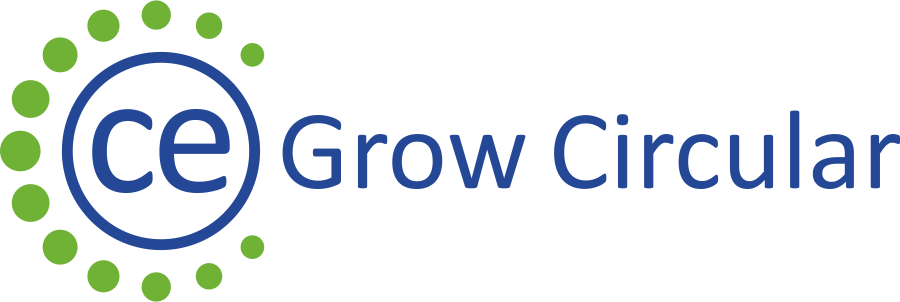CRMs in MOBILITY SECTOR
In mobility sector, a number of vehicle components (batteries, filters and catalysts, alloys, engine systems, permanent magnets, tyres) contain different CRMs (Cobalt, Platinum Group Metals, Niobium, Rare Earth Elements, Graphite, Rubber, etc).

Due to high-growth forecast in the EV vehicle sector, the use of CRMs is expected to increase correspondingly. Among the most targeted CRMs in this regard are Cobalt, Graphite, and Rare Earths employed in Li-ion batteries and electric motors.
EU recycling infrastructure for EV batteries and electric motors is still underdeveloped, however the recycling potential is significant, especially once the first generation of EV vehicles come to an end-of-life phase. EV batteries could for example be efficiently collected through dedicated systems of return. Some companies have already begun investing in recycling of used EV batteries in Europe and some have also teamed up with car manufacturers to ensure the supply flows.
Currently, the material of most interest to Li-ion battery recyclers is Cobalt, while the Graphite and Lithium recycling from the same products is very limited, although technically and economically feasible.
Studies also estimate high potential rate of recycling Rare Earth Elements (40% in the next 20 years), although current level are negligent.
Recycling of Platinum, Palladium and Rhodium from auto-catalysts is estimated to be between 50 and 60%.
The tyre industry is the largest consumer of natural rubber in EU (about 75%). In EU over 90% of tyres are recycled or recovered for energy. However, tyre recycling is an open-loop recycling, resulting in products other than tyres, due to lesser quality of materials after devulcanization process.
Current policies that address this sector are End-of-Life Vehicle (ELV) Directive and Directive on Type-Approval of Motor Vehicles with regard to their Reusability, Recyclability and Recoverability. Also relevant is the Regulatory Framework on Batteries.
International Dismantling Information System (IDIS) is compiling information for operators of end-of-life vehicles to promote the environmental and economic dismantling and treatment and to help meet the targets set in the ELV Directive.


